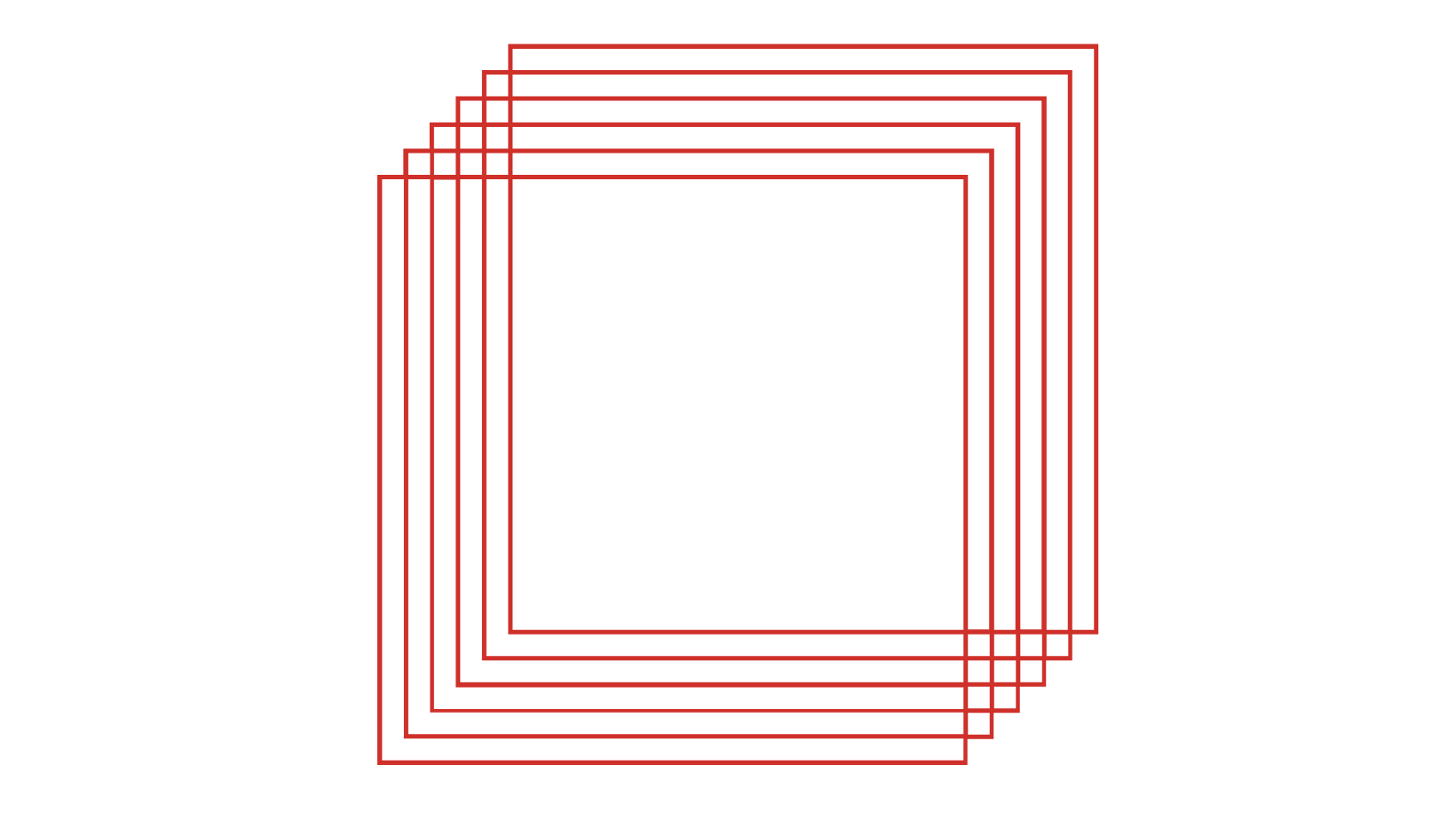
Breaking Free from the Sustainability Trap
OHK's Pro Bono Sponsorship Model
"The real challenge is not simply to put in place the elements of a successful donor-funded project but to move beyond that to a self-sustaining model."
— Ban Ki-moon, former Secretary-General of the United Nations
We aim to develop self-sustaining models in the donor-funded programs we implement and sponsor their continuity for long-term success whenever possible.
We are convinced that we can play a part in breaking free from the sustainability trap that challenges our funding partners. When we can, we assume the sponsorship of some key deliverables from our projects that are at risk of discontinuity and even failure when the funding dries up, but whose outcomes are valuable to stakeholders. This helps to ensure that valuable contributions made by donors, development agencies, and IFIs are not squandered or forgotten.
For over thirty years, OHK has collaborated with donors, development agencies, and IFIs to execute development projects globally. A common challenge we've encountered is the "sustainability trap" — the struggle to maintain project outcomes once external support ceases. This issue often leads to frustration for all parties involved, particularly the stakeholders involved, and undermines the long-term impact of development efforts.
To tackle this challenge head-on, OHK has stepped up to assume a sponsorship role, ensuring the continuity of some key initiatives beyond their funding lifecycle. By taking local ownership and providing support even after traditional funding has ended, we've been able to breathe new life into projects that would have otherwise come to a standstill.
This approach has undoubtedly put pressure on our resources, but we firmly believe it is an integral part of the ethical conduct of a consultant. Our role in assignments or projects goes beyond simply winning and executing them for the duration of funding. We are committed to preserving the institutional memory of outputs, ensuring they are repurposed and utilized in subsequent initiatives, which may otherwise be unaware of previous ones. By doing so, we make certain that users and beneficiaries can continue to rely on these outcomes whenever the need arises.
Pro bono work is prevalent in legal practice and some advisory services. However, to the best of our knowledge, we stand as the only consulting firm actively engaged in development work that adopts this unique and impactful approach to sustaining project outcomes and securing enduring advantages for communities and stakeholders. This dedication doesn't slow our efforts to obtain additional funding for allocating greater resources. As a result, we stay alert and proactive in seeking new opportunities to enhance the impact of our completed projects by leveraging supplementary funding sources.





